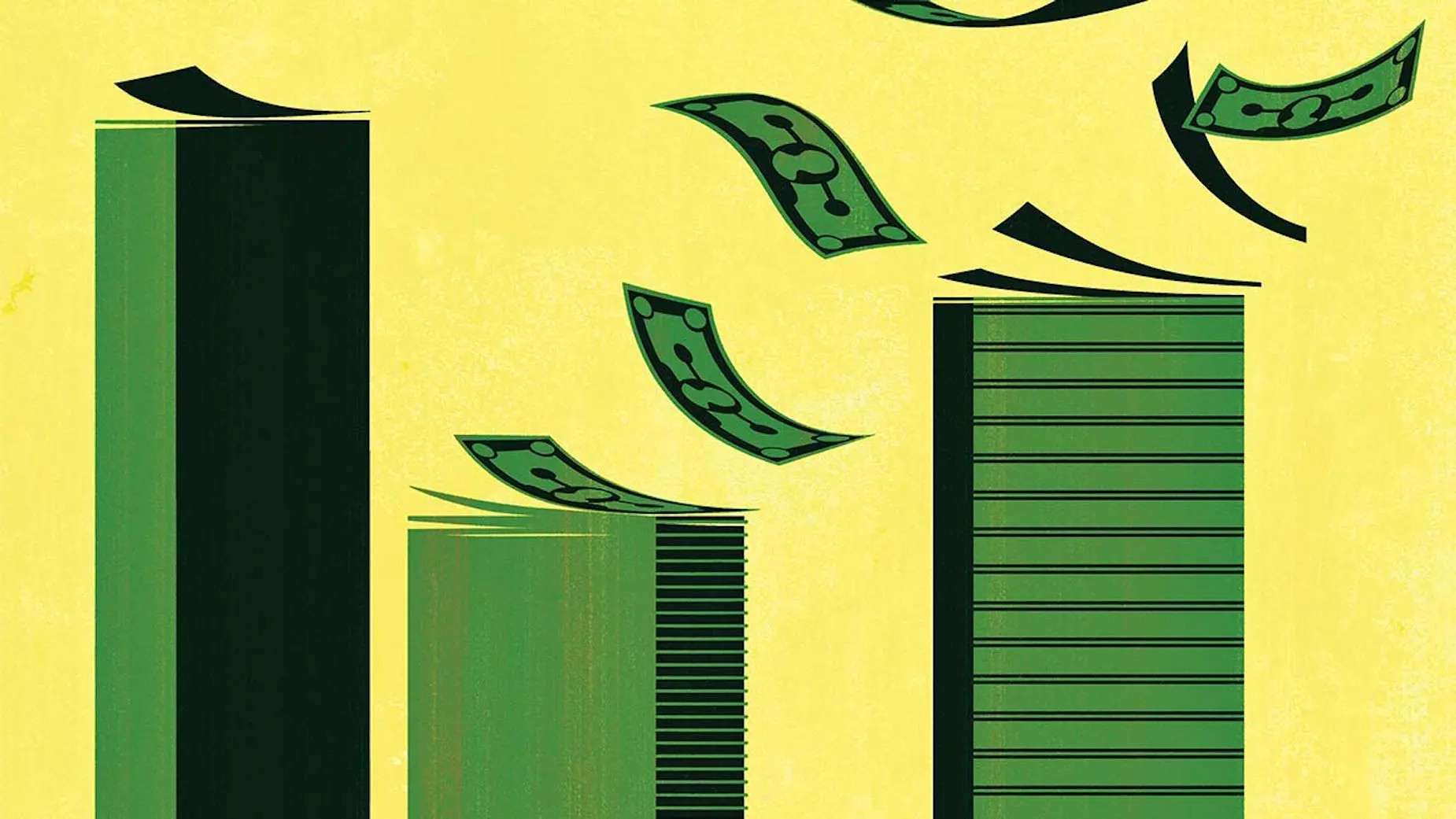In 2023, Brazil’s Gross Public Debt soared to 74.34% of its GDP, up 2.66 percentage points from 71.68% in 2022, the Central Bank reported on February 7.
This increase pushed the debt to R$8.1 trillion ($1.62 trillion), a rise observed over six months from July.
The Central Bank links this growth to higher nominal interest and net issuances, while GDP growth and the real’s appreciation mitigated the rise slightly.
Interest payments hit a record R$718.3 billion ($143.66 billion) or 6.61% of GDP, up 22.5% from the previous year.
The consolidated public sector, including all government levels and state-owned enterprises, recorded a R$967.4 billion ($193.48 billion) deficit, doubling the R$460.4 billion ($92.08 billion) deficit from 2022.
This sector also faced a R$249.1 billion ($49.82 billion) primary deficit in 2023, the largest since the COVID-19 pandemic’s onset in 2020.
The federal government’s deficit reached R$254.5 billion ($50.9 billion), significantly impacting the overall fiscal health.
Excluding R$92.4 billion ($18.48 billion) in court-ordered debt payments, the deficit would fall to R$162.1 billion ($32.42 billion).
The Central Bank and the National Treasury diverge on accounting for PIS/Pasep funds, affecting the deficit’s calculation.
This deficit of R$249.1 billion ($49.82 billion), representing 2.29% of the GDP, marks a substantial decline from the previous year’s surplus of R$126 billion ($25.2 billion).
This situation underscores Brazil’s urgent need for financial and economic reforms to stabilize public finances.
Background
This financial scenario places Brazil at a critical juncture, highlighting the broader economic challenges and fiscal pressures it faces.
The increase in public debt and deficits reflects not only the impact of global economic trends but also domestic fiscal policies and government spending decisions.
Historically, Brazil has grappled with high levels of public debt, but recent years have seen a significant escalation, exacerbated by the COVID-19 pandemic’s economic fallout.
Record interest payments highlight the rising cost of debt service, eating into the government’s budget, which could fund public services and investments instead.
Brazil’s quick move from surplus to significant deficit within a year highlights its fiscal volatility, emphasizing the need for urgent financial management and reform.


